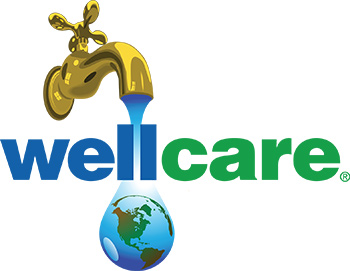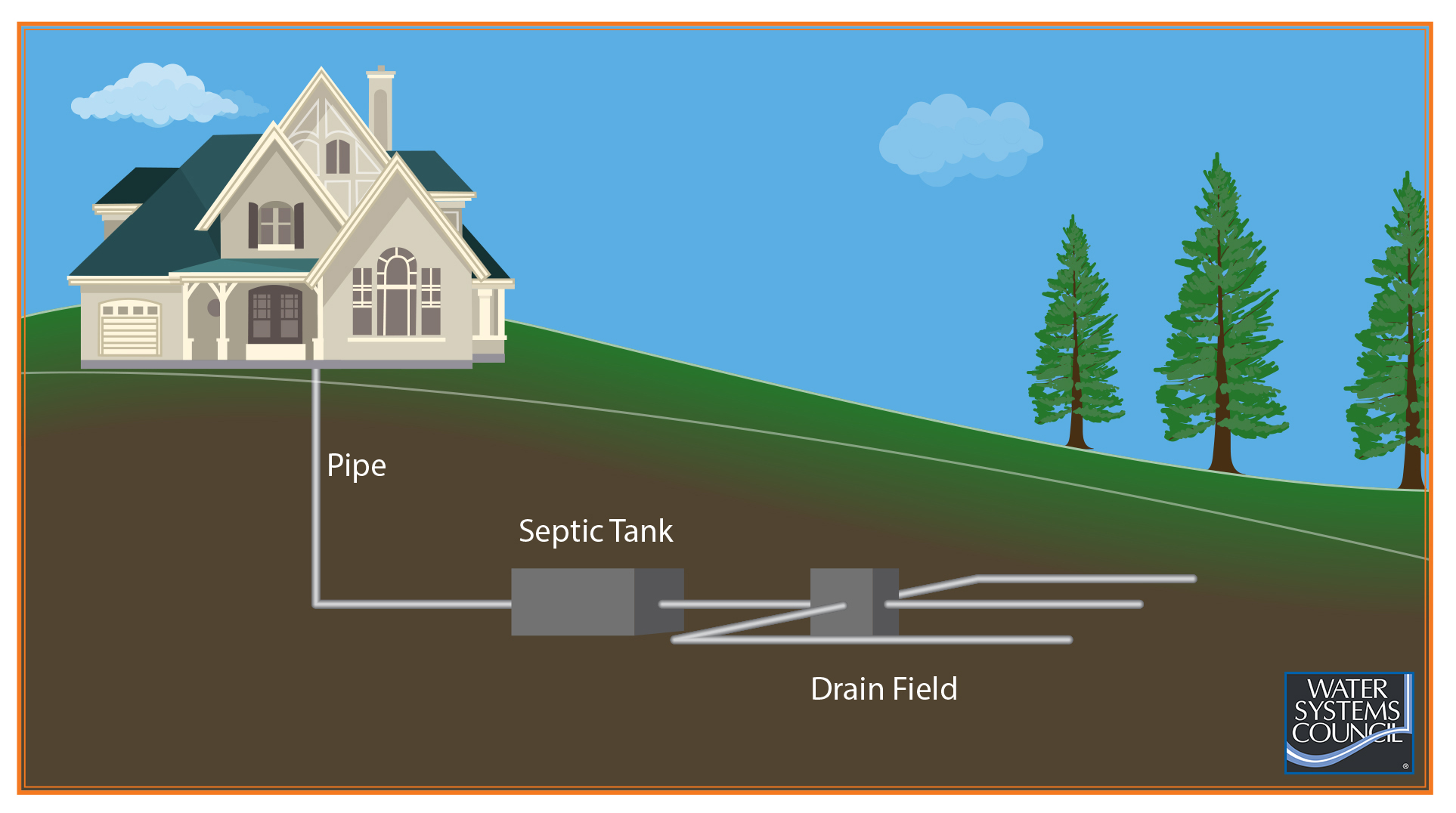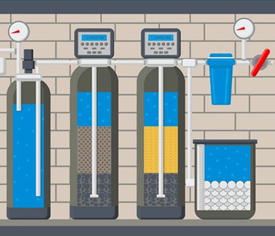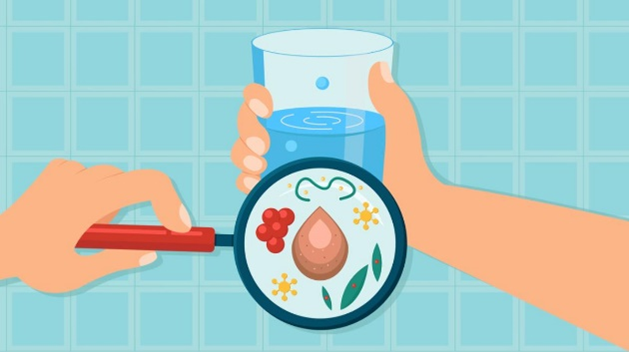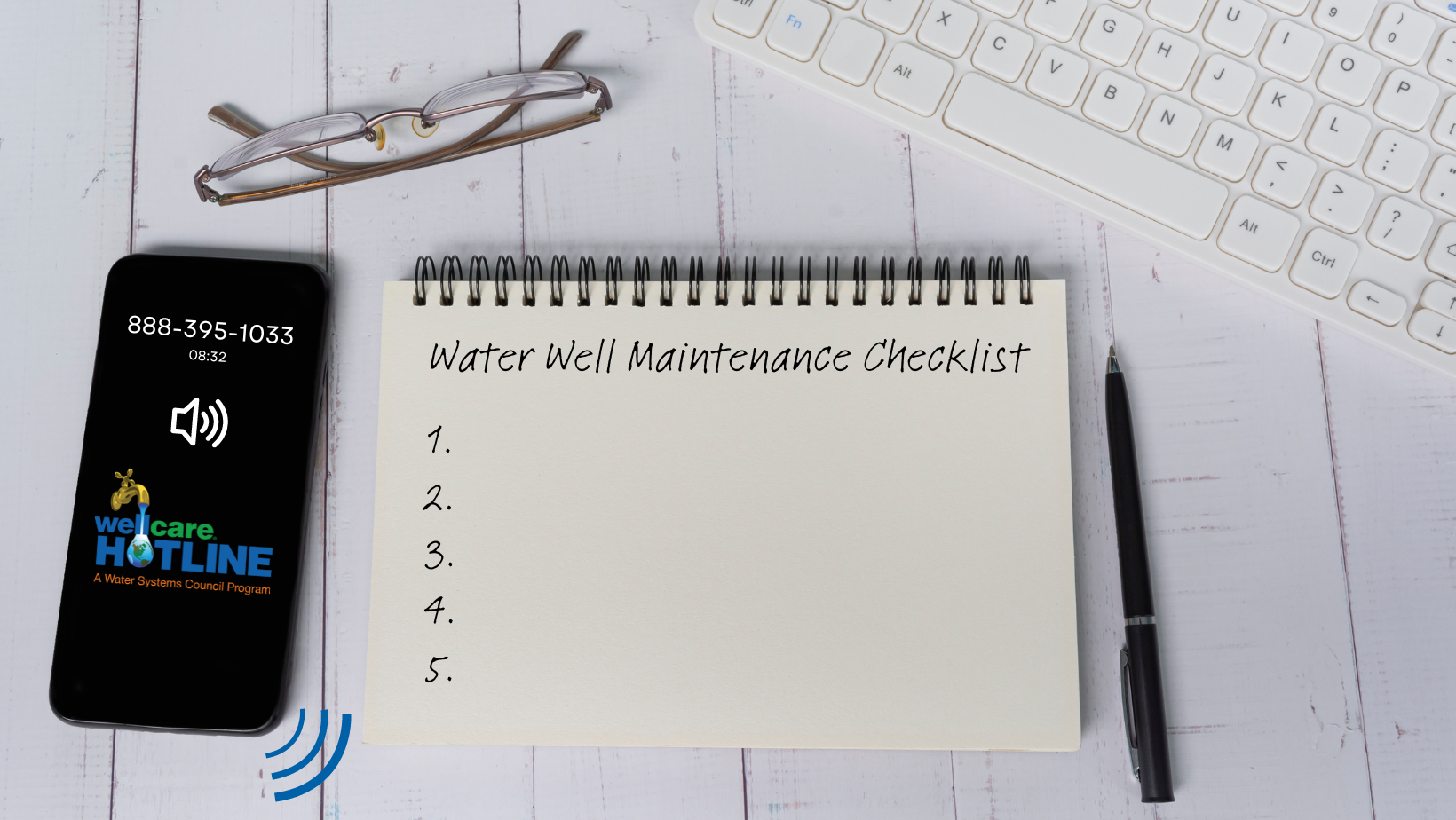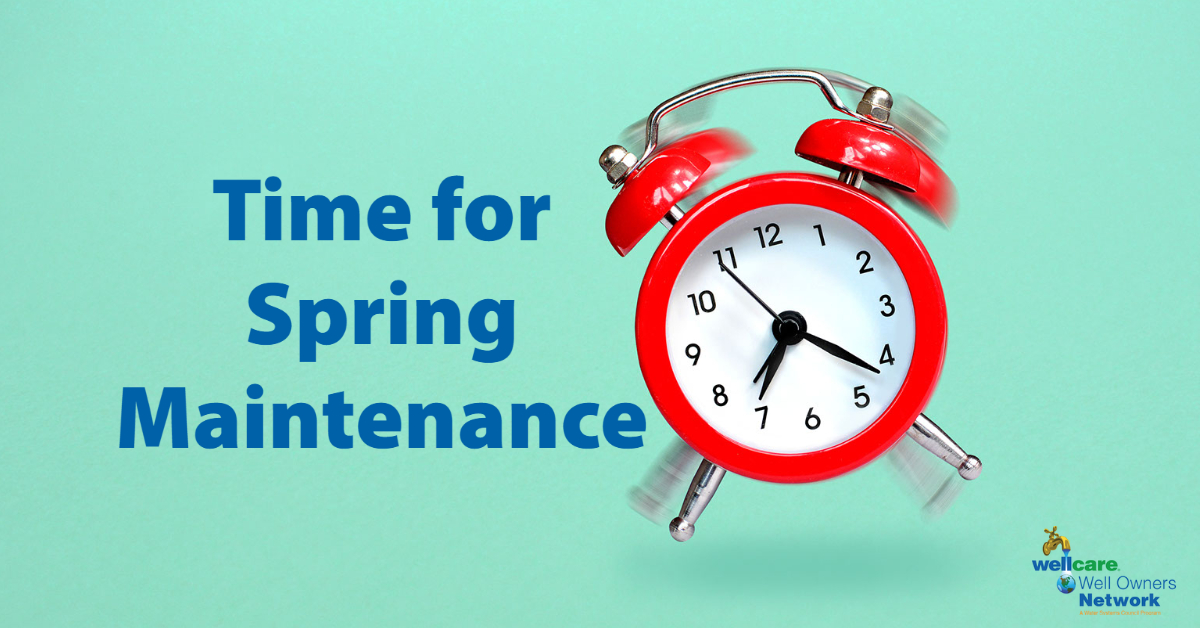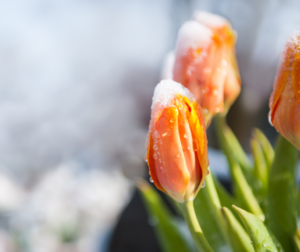A poorly maintained wastewater treatment system (also known as your septic system) can pose a serious threat to the quality of your drinking water and can require expensive repairs. Just like your well, you should have a maintenance plan for your septic system. Here’s a checklist for your septic system:
- Have your septic tank inspected for capacity and leaks.
- Pump your septic tank every 3-5 years based on the use and size of your household. Your septic service professional can provide recommendations.
- Repair the septic tank or drainfield system as needed to prevent leaks of bacteria and nutrients into groundwater.
More tips: Never drive or park a vehicle on the septic as this may crush buried lines or compress the soils around the leach field which can lead to failure.
If you have any questions about your septic system, contact your septic service professional or the wellcare® Hotline at 888.395.1033 or visit our website.
If you need assistance locating a professional, check with your local health department or search these websites: NOWRA and NAWT.
For more information, see our wellcare® information sheet on Your Septic System.
